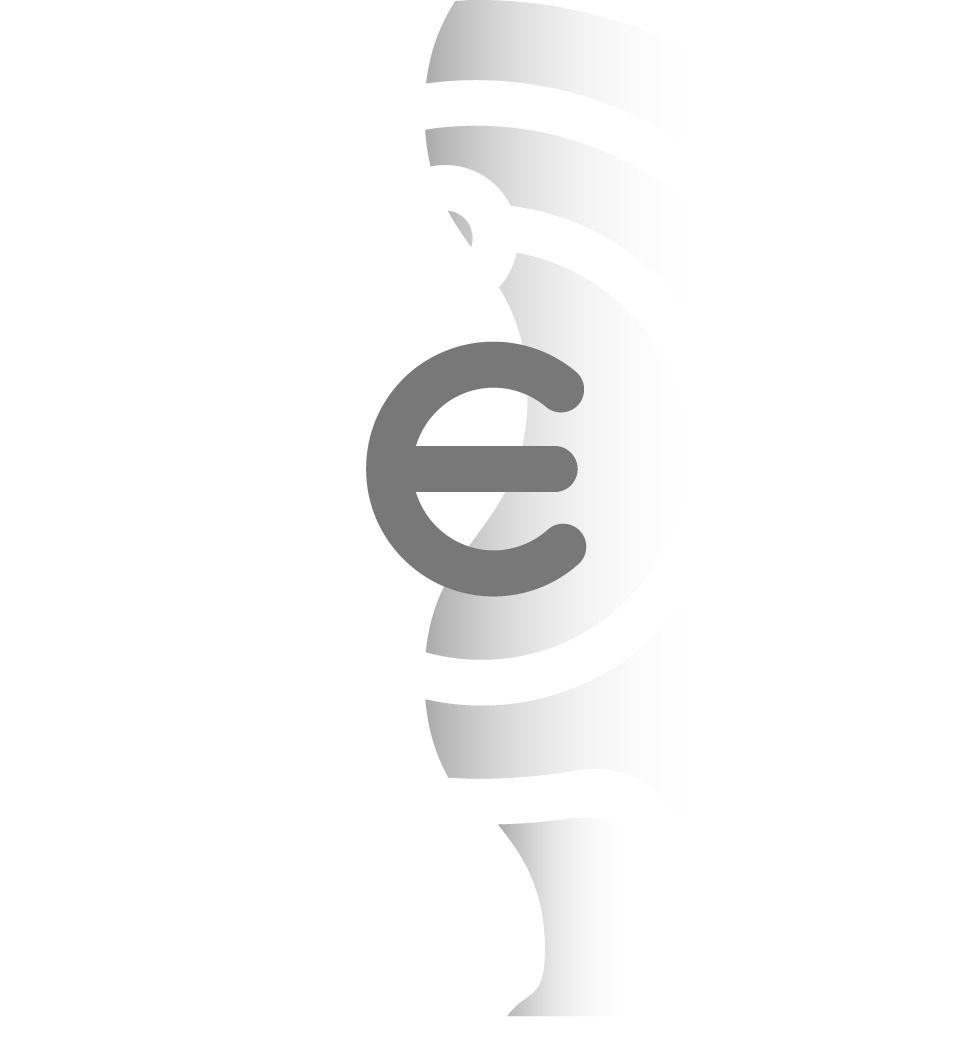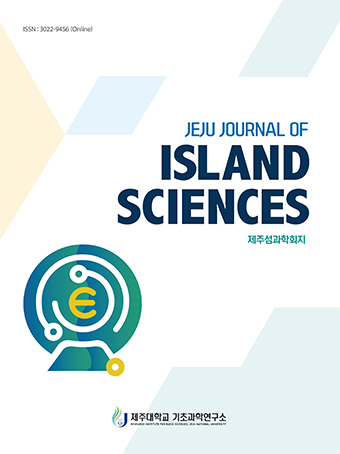Research and publication ethics
Jeju Journal of Island Sciences (JJIS)
Research and publication ethics
1) Authorship
Authorship credit should be based on the following criteria:
● Substantial contributions to conception and design, acquisition of data, and/or analysis and interpretation of data
● Drafting the article or revising it critically for important intellectual content
● Final approval of the version to be published
● Agreement to be accountable for all aspects of the work in ensuring that questions related to the accuracy or integrity of any part of the work are appropriately investigated and resolved
Every author should satisfy all of these four conditions. After the initial submission of a manuscript, any changes in authorship (such as adding or deleting authors, or rearranging the order of authors) must be explained by a letter to the editor from the concerned authors. This letter must be signed by all authors of the paper. Additionally, every author must complete a copyright assignment.
Corresponding author and first author: JJIS does not allow "equal contribution" statements for articles. We assume that all authors have made substantial equal contributions. However, it is allowed to have more than one corresponding author. Only one author, however, should correspond with the editorial office and readers regarding the article.
Correction of authorship after publication: JJIS will not correct authorship after publication unless an error has been made by the editorial staff. Authorship may be changed before publication but after submission, if all authors involved with the manuscript request a correction.
2) Originality, Plagiarism, and Duplicate Publication
Manuscripts submitted for publication must not have been previously published or be under consideration for publication elsewhere. No part of the accepted manuscript should be duplicated in any other scientific journal without permission from the Editorial Board. Upon submission, manuscripts are screened through Similarity Check for possible plagiarism or duplicate publication. If such issues are detected, the manuscripts may be rejected, and the authors and their institutions will be informed and announced in the journal. Additionally, the authors may face penalties.
Authors must obtain a letter of permission for any previously published material, including text, figures, and tables. It is the author's responsibility to request permission from the publisher for any reproduced material.
3) Conflict of Interest Statement
The corresponding author is responsible for informing the editor of any potential conflicts of interest that could influence the authors' interpretation of the data. Examples of potential conflicts of interest include financial support from or connections to companies, political pressure from interest groups, and academically related issues. Additionally, all sources of funding applicable to the study should be explicitly stated.
4) Animal Right
Studies involving animals should be conducted according to internationally accepted standards and are expected to comply with the three Rs principle (Replace, Reduce, Refine). JJIS endorses the ARRIVE guidelines (Animal Research: Reporting In Vivo Experiments) for reporting experiments involving live animals. Authors are encouraged to use the ARRIVE checklist and to submit it with manuscripts involving animal research. JJIS's editors reserve the right to request this checklist.
Editors may request additional documentation, such as approval forms and/or relevant citations from the literature, if the experimental details described in a study deviate from common practices in animal research. Additionally, editors may reject a manuscript if the research involves protocols that are inconsistent with commonly accepted norms for animal welfare, regardless of ethics committee approval or previously published articles using such protocols.
5) Process for Managing Research and Publication Misconduct
When a journal encounters suspected cases of research and publication misconduct, such as redundant (duplicate) publication, plagiarism, fraudulent or fabricated data, changes in authorship, undisclosed conflict of interest, ethical problems with a submitted manuscript, a reviewer who has appropriated an author's idea or data, or complaints against editors, the resolution process will follow the flowchart provided by the Committee on Publication Ethics (http://publicationethics.org/resources/flowcharts). The Editorial Board will conduct the discussion and make decisions regarding the suspected cases.
6) Process for Handling Cases Requiring Corrections, Retractions, and Editorial Expressions of Concern
Cases that require editorial expressions of concern or retraction shall follow the COPE flowcharts available at: http://publicationethics.org/resources/flowcharts.
Honest errors are a natural part of scientific publishing and require a correction to be published once detected. Corrections are necessary for errors of fact. The minimum standards for publishing a correction notice are as follows:
● A correction notice should be published as soon as possible, detailing changes made and citing the original publication. This notice should be included on both an electronic and numbered print page and be listed in an electronic or print Table of Contents to ensure proper indexing.
● A new version of the article should be posted, detailing the changes made from the original version and the date(s) on which the changes were made.
● All prior versions of the article should be archived and made directly accessible to readers.
7) Editorial Responsibilities
The Editorial Board is committed to continuously monitoring and safeguarding publication ethics. This includes guidelines for retracting articles, maintaining the integrity of the academic record, precluding business needs from compromising intellectual and ethical standards, publishing corrections, clarifications, retractions, and apologies when necessary, as well as excluding plagiarism and fraudulent data.
The editors have the following responsibilities: the responsibility and authority to reject or accept articles, avoiding any conflict of interest with respect to the articles they reject or accept, promoting the publication of corrections or retractions when errors are found, and preserving the anonymity of reviewers.


 Jeju Journal of Island Sciences
Jeju Journal of Island Sciences








